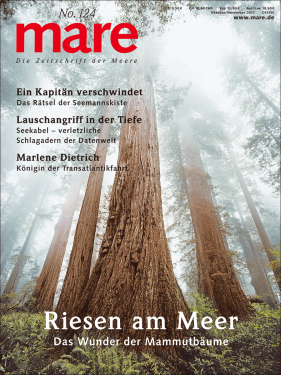Auf einer Tagung zum Thema Sprachassistenten des Projektes B06 – Un/erbetene Beobachtung in Interaktion: „Intelligente Persönliche Assistenten“ (IPA) des SFB Medien der Kooperationen (lange Vorrede) verwies der Kollege Till Heilmann auf den Informatiker und Netzvordenker Phil Agre.
Von dem hatte ich lange nichts gehört, nicht zuletzt da er vor 10 Jahren wohl komplett von der Bildfläche verschwunden ist. Ich bin in den 1990er Jahren seinem Newsletter RedRockEater gefolgt und habe noch etliche der Ausgaben in meinem Email-Archiv.
Das habe ich als aber eine Gelegenheit ngenommen mal zu googlen, was an Texten noch verfügbar ist – denn die sind durchaus lohnenswert. Surveillance war auch da schon bei ihm ein Thema, was mich noch nicht so zentral interessierte damals. Ich war mehr auf die frühen Internetanalysen und Netzutopien fokussiert. Der englische Wikipedia-Eintrag gibt ein paar Informationen und reichliche Links zu seinen Texten. Seine eigene Seite an der UCLA, die bis 2004 aktuell ist, hat weitere Links und Texte.
Hervorheben will ich hier vor allem diesen Artikel:
Philip E. Agre (1994) Surveillance and capture: Two models of privacy, The Information Society, 10:2, 101-127, DOI: 10.1080/01972243.1994.9960162 – hier als pdf und reprint frei im Internet zu finden. https://djp3.westmont.edu/classes/2017_01_CS195/readings/CaptureModelOfSurveillance.pdf
Vielleicht habt ihr ja auch Spaß am (Wieder)Entdecken


